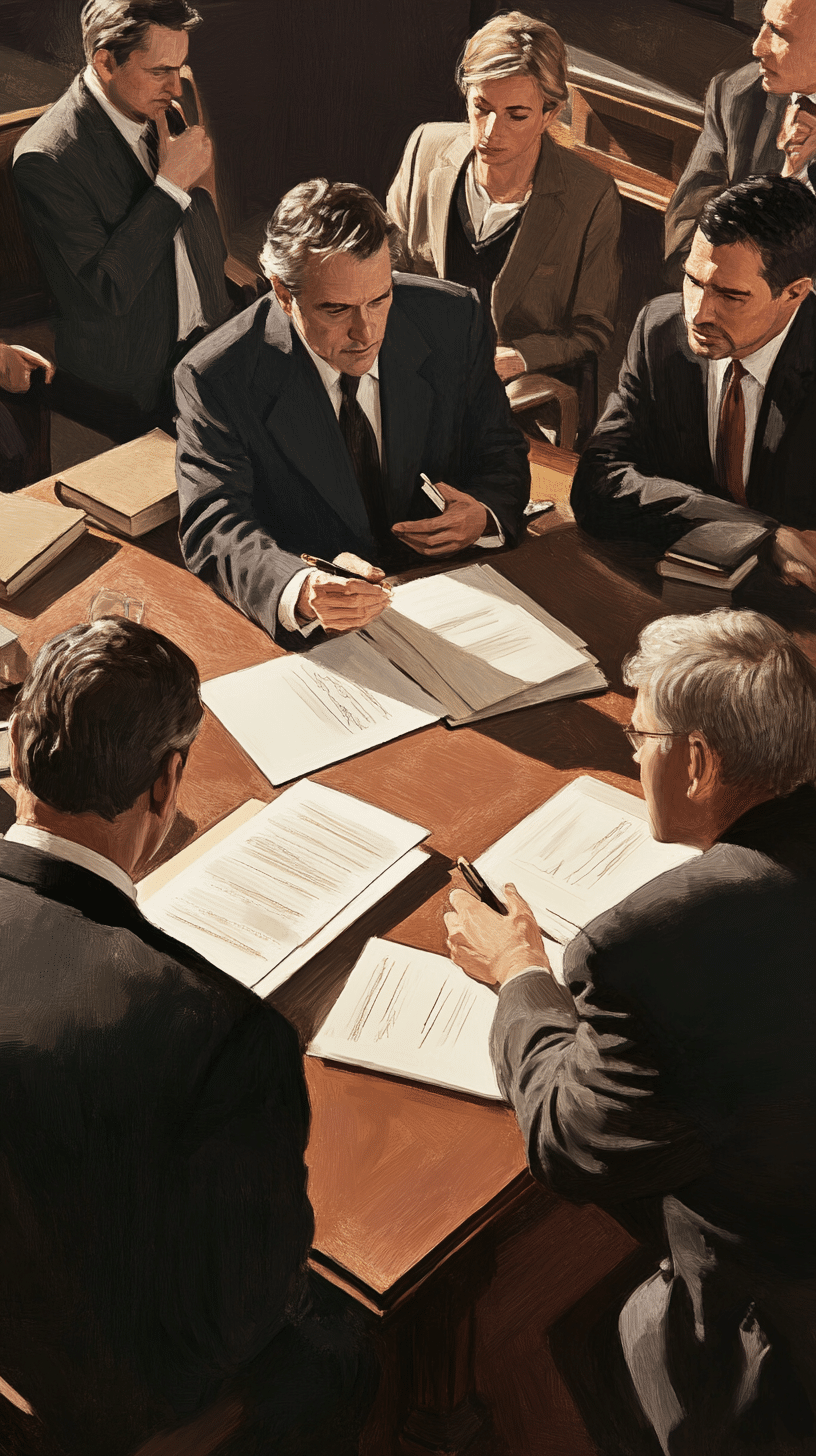I previously posed on this case. I was trying to figure out what the factual basis was behind the following Appellate Division holding: “Contrary to Allstate’s contention, however, the Supreme Court properly determined that the denial of claim, which incorrectly stated the amount of the claim and gave an invalid reason for the denial was fatally defective”
I examined the motion papers at the Nassau County Clerk’s office and copied the relevant portions of the affirmations, affidavits and exhibits that comprised the underlying motion practice. If you wish to download these papers, click on the hyperlink that follows this sentence. St. Barnabus motion papers
What appeared to have happened was that the carrier did not obtain written notice of the loss within 30-days of the loss (“30-day rule defense”). However, there was oral notification of the loss. The carrier after obtaining oral notification of the loss then sought to obtain an NF-2. While this was happening, the Hospital (a few months after the loss), submitted a bill. The bill was submitted more than 45-days after the discharge of the patient from the hospital.
The bill was timely denied based upon the 30-day rule defense. Perhaps the carrier meant to also deny the bill upon the 45-day rule defense? Furthermore, the amount stated on the denial was the full UB-92 amount, and not the DRG rated amount.
Upon reading the motion papers, there appeared to be a viable 30-day rule defense. The claims affidavit annexed to the moving papers, however, failed to set forth in a non-conclusory fashion that written notice was not given within 30-days. The affidavit focused on the failure to obtain an NF-2, despite Allstate’s valiant attempts to obtain the same. We all know that written notice of loss may take the form of a police report, holographic correspondence or other means. In other words, an NF-2 is just one way to obtain written notice of the loss. Thus, a request to obtain an NF-2 is a verification request (Olympic Chiropractic, P.C. v. American Transit Inc. Co. 14 Misc.3d 129[A][App. Term 2d Dept. 2007]), which is satisfied upon receipt of an NF-2 or NF-5.
Yet, in this case, the record suggests that there was no written proof of loss prior to receipt of the NF-5.
I therefore think that the issue in this case was not so much that the denial was defective, but that the insurance carrier’s affidavit was lacking in substance. The record revealed a viable 30-day rule defense. Thus, as frequently happens in no-fault practice, the validity of the defense is contingent upon the language of the affidavit. Here, the language of the affidavit was insufficient.












